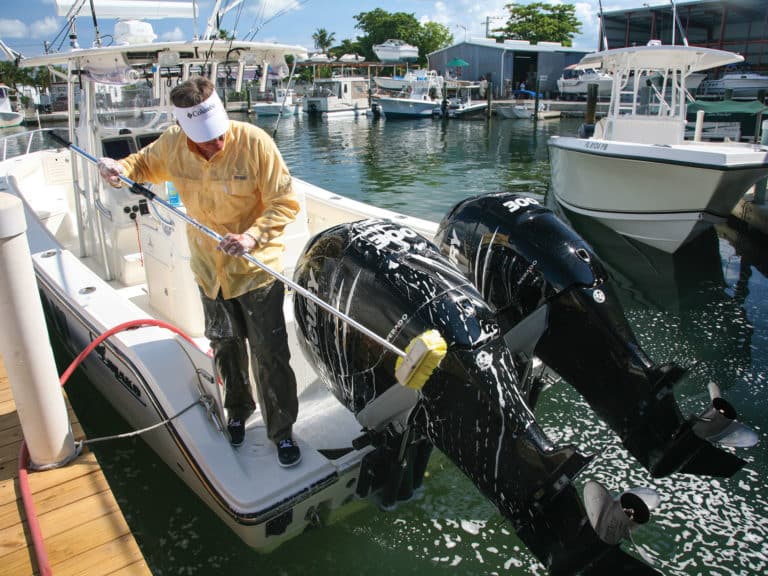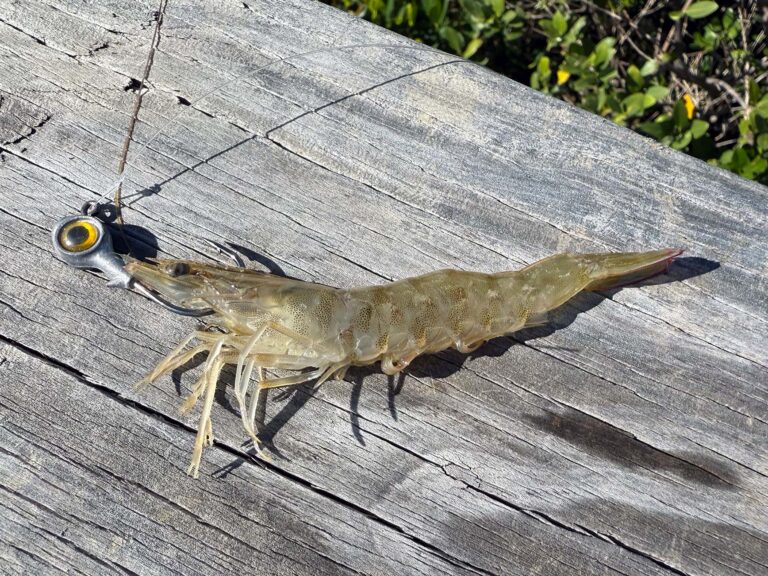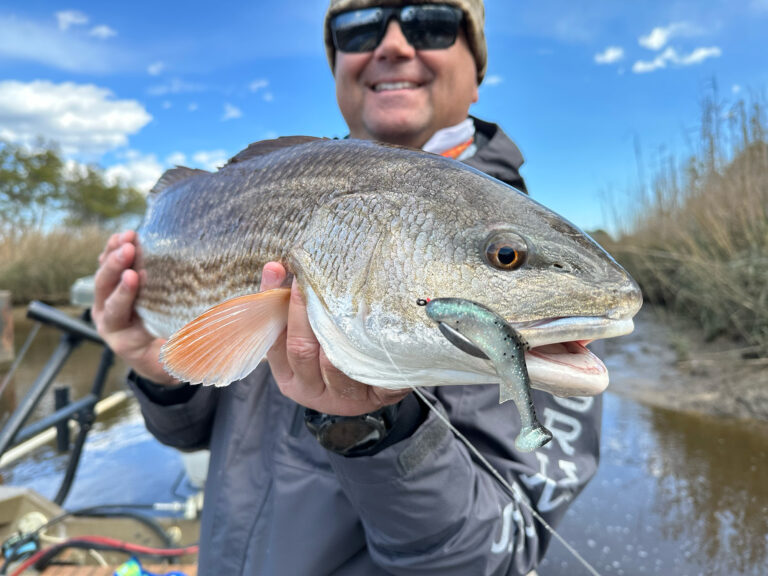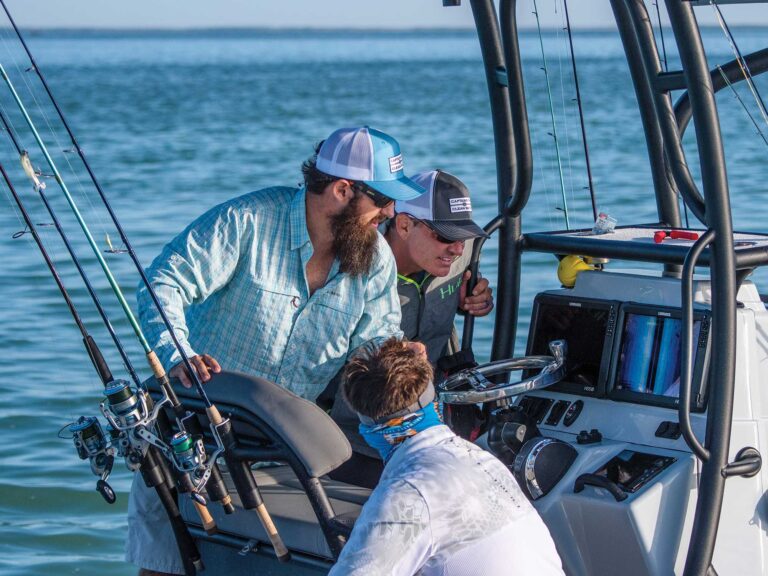WATSONVILLE, Calif. – In honor of World Oceans Day, West Marine (Nasdaq:WMAR), the largest specialty retailer of boating supplies and accessories, today announced the recipients of their annual Marine Conservation Grants program. Grants for a total amount of $30,000 are being awarded to non-profit organizations throughout the U.S. who are working to “improve and protect marine habitat,” which is part of West Marine’s mission. This year’s grant recipients are located in Florida, North Carolina, New Jersey, Maryland and California.
“We are proud to support recreational boating and fishing groups and marine environmental groups who are working together for abundant and healthy fisheries,” said Randy Repass, Chairman of the Board and Founder of West Marine. “The work of these organizations will benefit recreational fishing, sustainable commercial fishing and help to develop a healthy fish resource and sustainable use of the resource.”
The Recipients of the West Marine Conservation Grants for 2011:
Florida – The Snook & Gamefish Foundation’s Angler Action Program: The Snook & Gamefish Foundation is committed to education, conservation and research, to assure game fish for tomorrow. They believe that a brighter future for all fisheries is in the hands of informed anglers, who will take proactive steps to increase, not just maintain, healthy habitats and fish stocks.
The Angler Action Program, a partnership between the Florida Wildlife Commission and the Snook & Gamefish Foundation, is an outreach to every angler in the state of Florida. Funds will support angler data collection, outreach, education and a how-to video. For more information on the program go to www.snookfoundation.org .
North Carolina – Coastal Conservation Association (CCA): A non-profit grass roots organization with nearly 3,000 members in North Carolina dedicated to conservation of North Carolina’s marine resources. The objective of CCA is to conserve, promote and enhance the present and future availability of these resources.
The funds will be used to work with PenderWatch to build 12 oyster reefs to stabilize an important but badly eroding island near Hamsptead, North Carolina. The site is now closed due to pollution from storm water runoff. Working with PenderWatch, a local non-profit, 2,000 bushels of oyster shells will be put in the water to help jump start new, bigger natural oyster reefs, which will rejuvenate the waters. For more information visit www.ccanc.org or www.penderwatch.org .
New Jersey – Atlantic Tuna Project: The Project is dedicated to promoting the catch, tag and release of Atlantic tunas within the recreational fishing sector. Atlantic bluefin and yellowfin tuna are under incredible pressure. The recreational sector can play a vital role in contributing to the overall knowledge base by adopting a tag and release culture. Collecting data on the tuna that recreational fishermen catch is critical. To date NOAA has little data coming about these tuna populations.
The funds will be used to educate anglers about the benefits of tagging and to help new members adopt tagging. The program drives both charter and private boats to request free tags from NOAA’s Cooperative Tagging Center, and is a source of education to learn how to tag tuna safely. For more information go to www.savethebluefin.com .
Maryland – Chesapeake Bay Foundation (CBF) & the Maryland Saltwater Sportsfishermen’s Association (MSSA): The CBF is the only conservation organization dedicated solely to the restoration and protection of the Chesapeake Bay and its rivers and streams. The funds will support a partnership with the Maryland Saltwater Sportsfishermen’s Association from Dorchester County to enhance the native oyster population and increase available fish habitat in the Choptank River, a tributary of the Chesapeake Bay. MSSA will construct 66 reef balls with help from citizen volunteers in Cambridge, Maryland. CBF will transport the reef balls to their oyster restoration facility in Shadyside, Maryland to grow oyster spat (juvenile oysters) on the reef balls. Once these tiny oysters have grown to approximately the size of a fingernail, the oyster-set reef balls will be transplanted onto Cook’s Point reef – an existing oyster sanctuary in the Choptank River. For more on these organizations visit www.cbf.org or www.mssa.net .
California – Save The Bay: Save The Bay is the largest regional organization working to protect and restore San Francisco Bay. Each year, they engage more than 25,000 supporters, advocates and volunteers to protect the Bay, and inspire the next generation of environmental leaders by educating thousands of students.
Funds will support the Community-Based Restoration Program (CBR) and will help to restore and enhance vital San Francisco Bay tidal marsh habitat. Thousands of local residents, including West Marine Customers and Associates can play a significant part in 225 community-based restoration projects including 6 shoreline sites. To get involved visit www.savesfbay.org/community-based-restoration .
Florida – Mote Marine Lab (MML): Located on the Sarasota Bay, MML is dedicated to excellence in marine, estuarine and environmental research and education. Funds will be used to replace failing instruments that are monitoring the health of the Sarasota Bay. Additional information on MML is available at www.mote.org .
California – The Sportfishing Conservancy: The goal of the Sportfishing Conservancy is to encourage accountable, responsible recreational angling. Funds will be used to encourage Catch & Release fishing trips in Southern California ports, primarily Long Beach and Santa Barbara. The purpose is to change angler attitudes and encourage a lighter footprint by re-defining a successful fishing day. For more information go to www.sportcon.org .
Marine Conservation Grants are awarded through a formal application process in which interested organizations must submit their proposal directly to West Marine. All applications are reviewed by the Marine Conservation Action Team. Those applying must show sound financial policies and management with a key focus in marine conservation, habitat restoration and sustainable fisheries. These activities may cover water clean-up, habitat protection and restoration, ocean science and conservation projects that relate to key marine species, water quality, sustainable ocean use, etc.
Since 1994, West Marine has donated over $4,600,000 to non-profit organizations that support youth boating, boating safety and the marine environment. For more information about the Marine Conservation Grants program, please visit www.westmarine.com.









